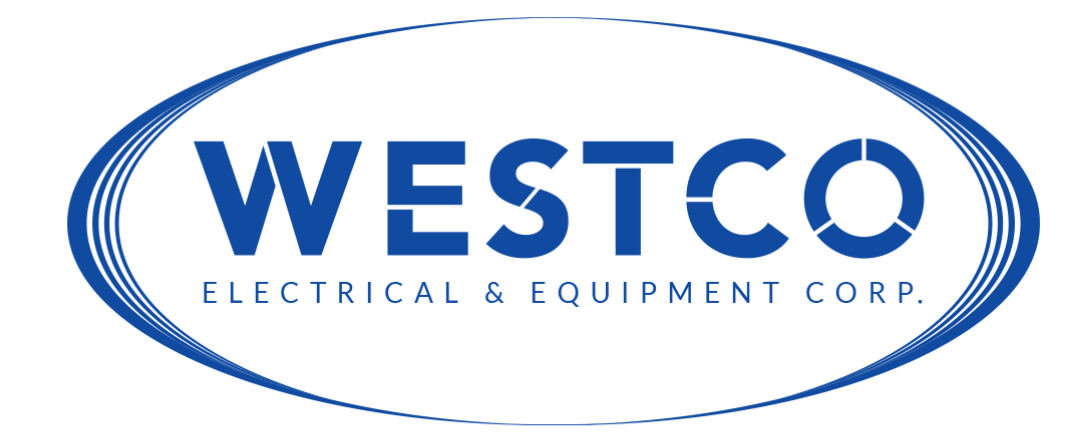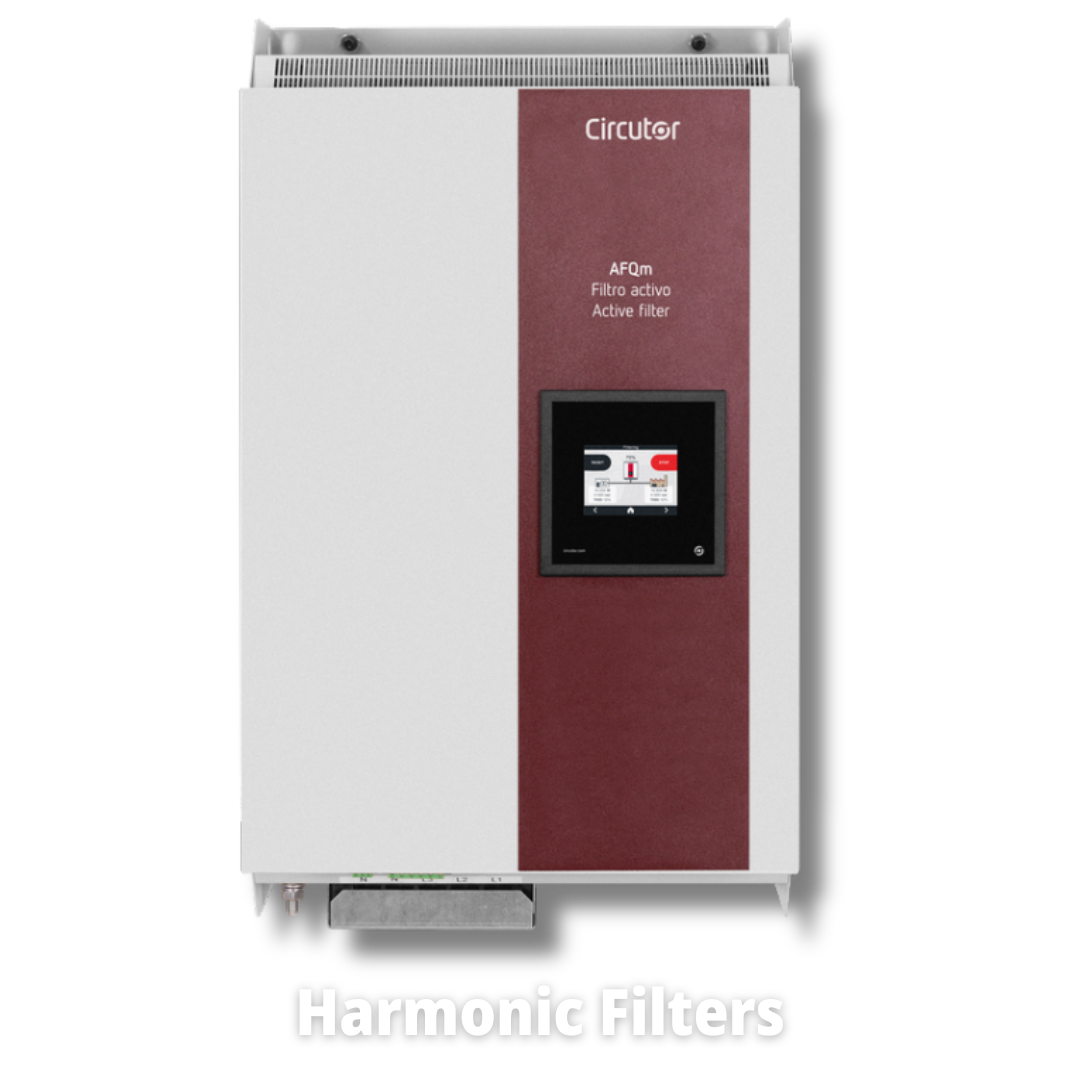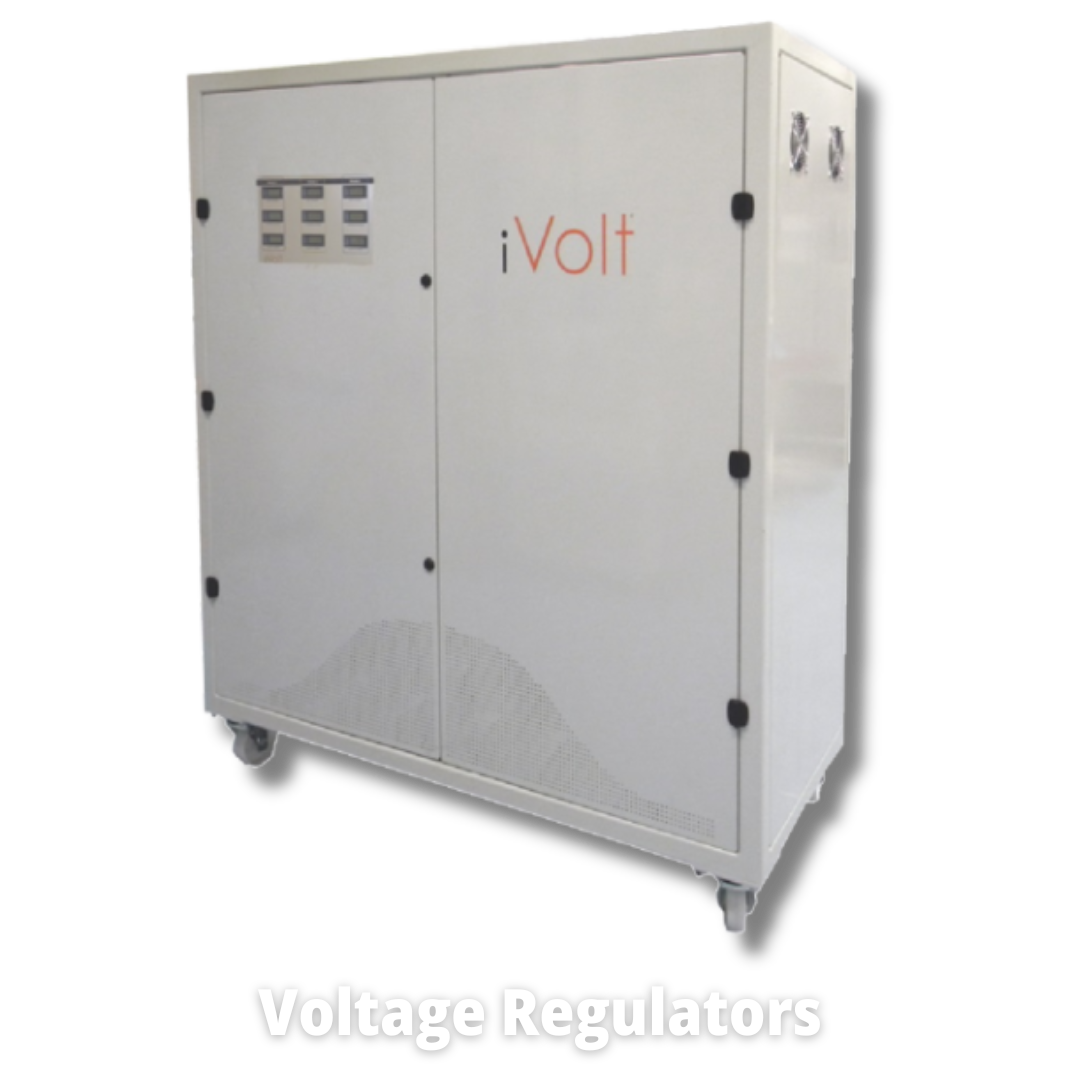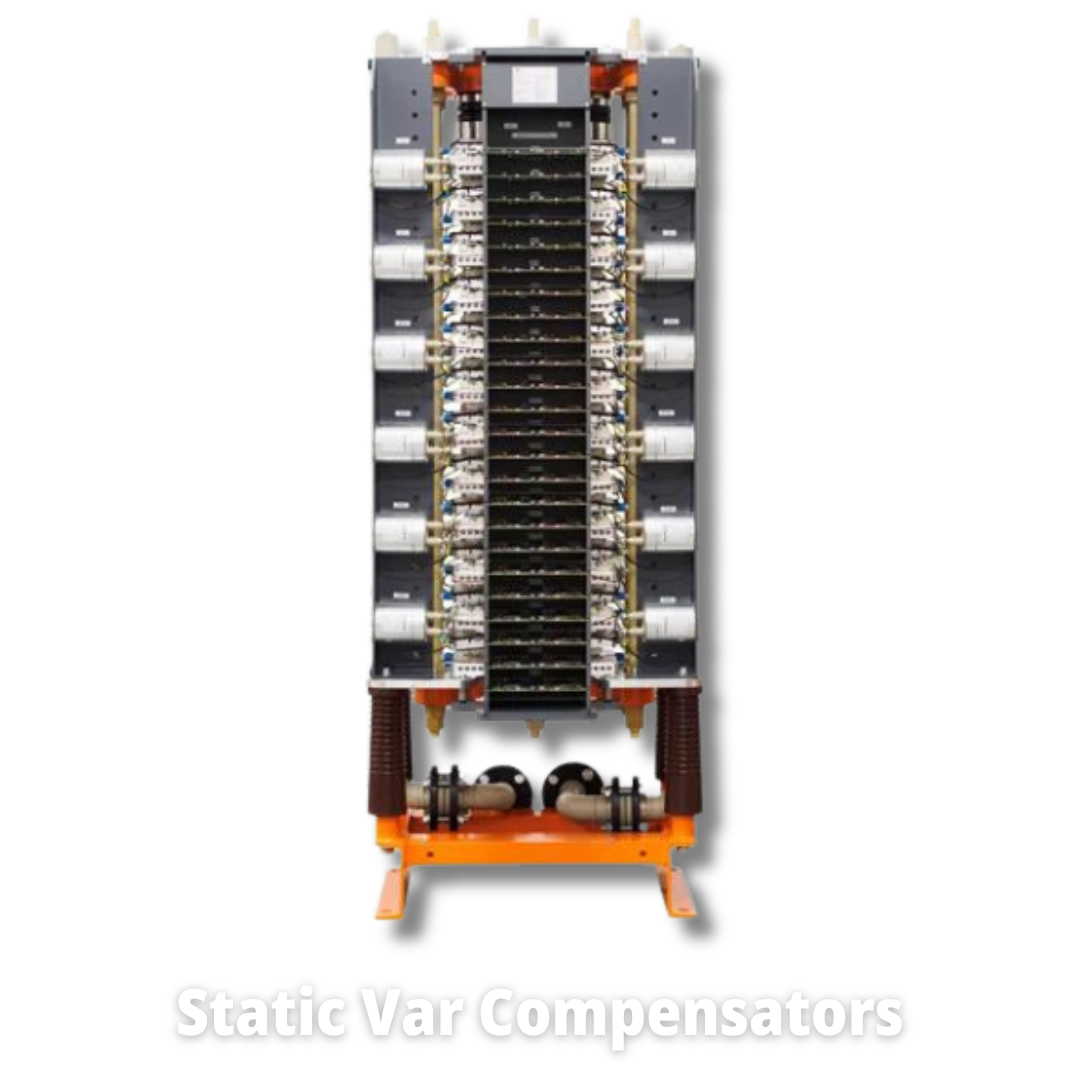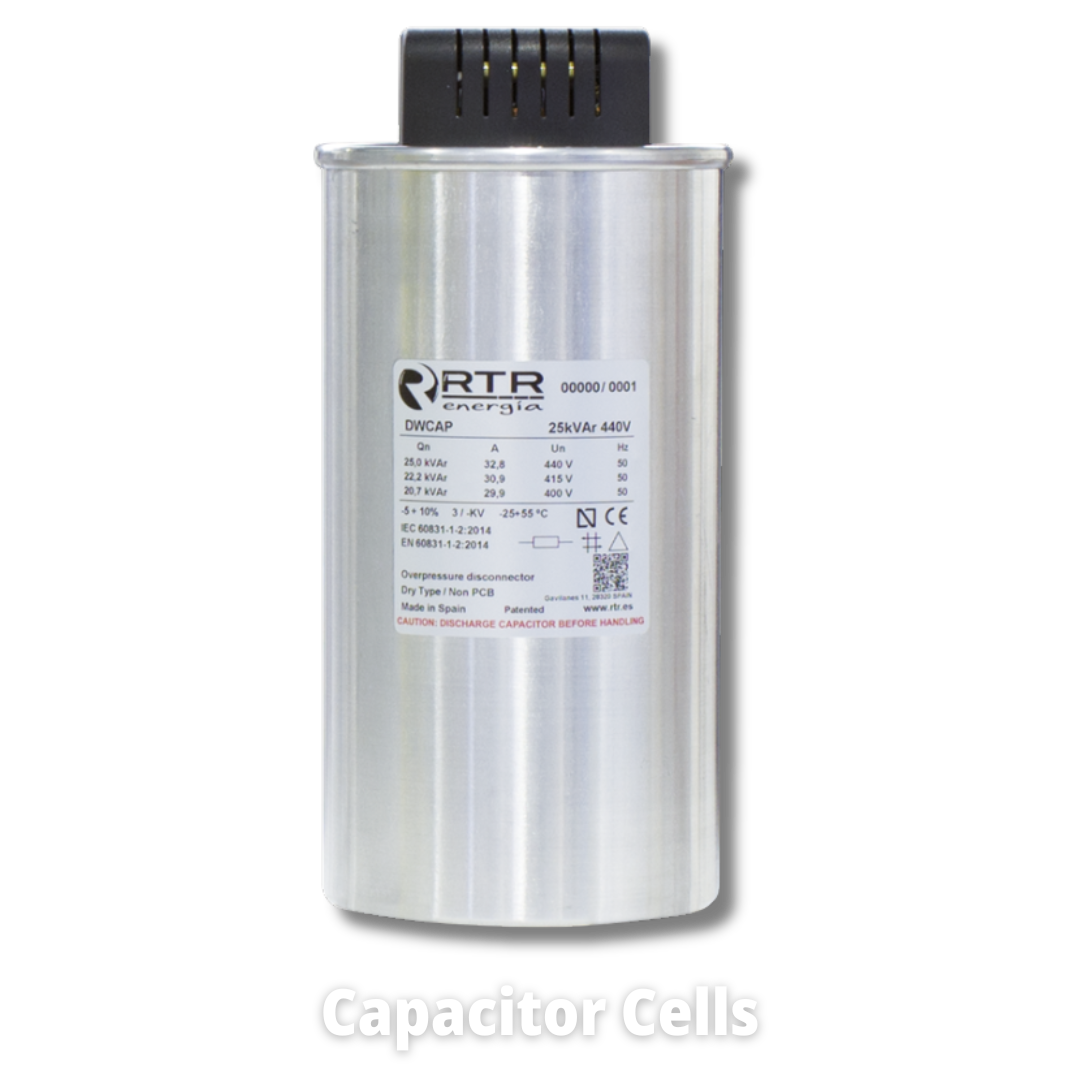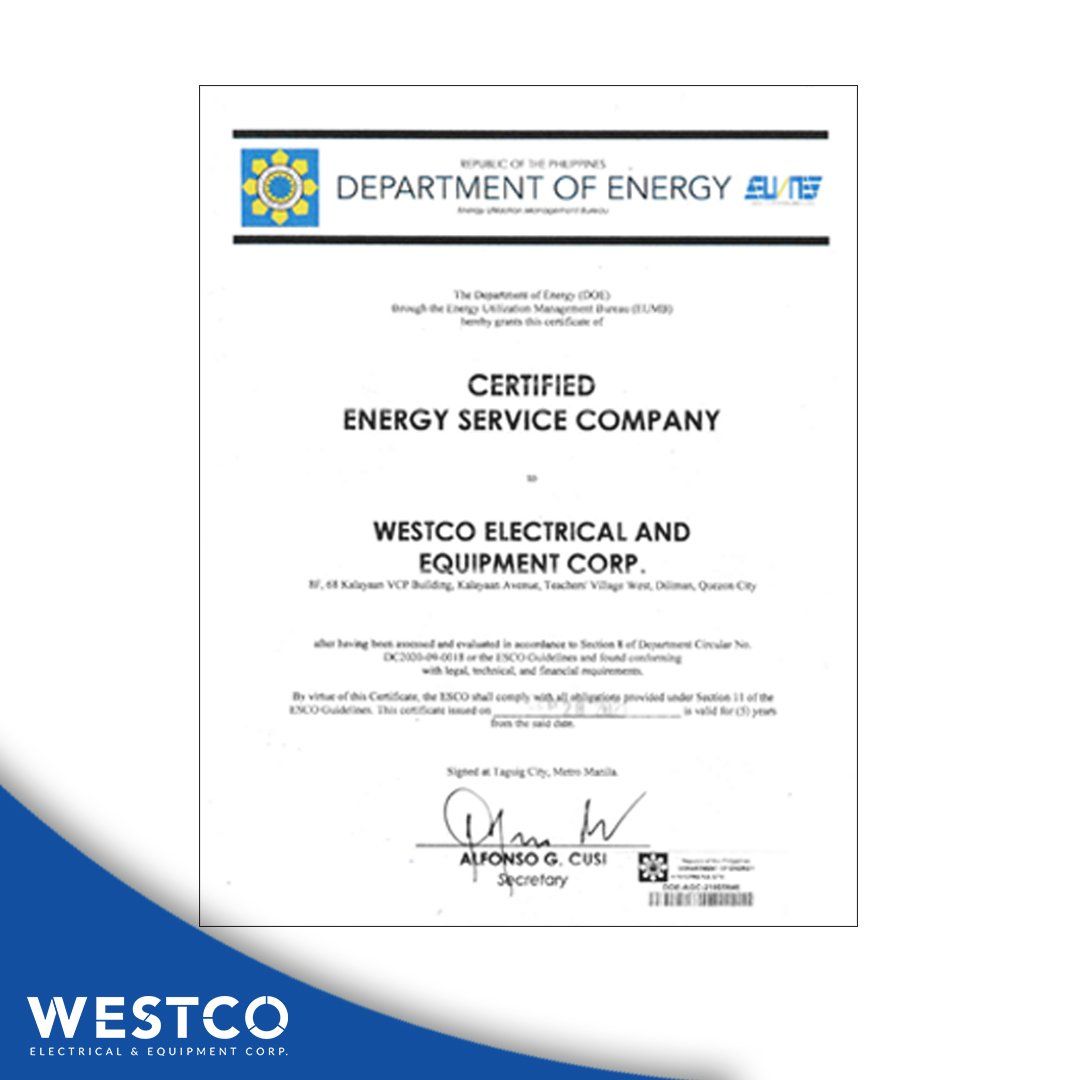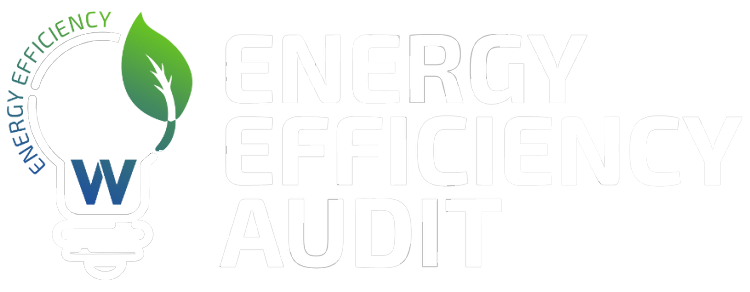
Power Up Your Efficiency!
Take control of your energy consumption with WESTCO’s comprehensive audit services. From power quality to mechanical system efficiency, we help you uncover cost-saving opportunities while ensuring compliance with RA 11285 – the Energy Efficiency and Conservation Act.
What is an Energy Audit?
An Energy Audit identifies inefficiencies in your energy use, leading to cost savings, reduced energy consumption, and improved system performance. It enhances operational reliability, lowers environmental impact, and ensures compliance with energy regulations.
"Why do we need to be energy efficient? "
RA 11285 : Energy Efficiency and Conservation Act
“An act institutionalizing energy efficiency and conservation, enhancing the efficient use of energy, and granting incentives to energy efficiency and conservation projects.”
Audit levels: Tailored to Your Needs!
Our Energy Efficiency Audit is based on the ASHRAE Energy Audit Standard
Level 1:
Assessment and
Observation
A level 1 energy audit is an analysis of the energy cost and a walkthrough of the building to look for energy loss that can be fixed with little or no cost.
- Basic Visual Inspection
- Utility Bill Review
- Identification of obvious inefficiencies
- Fast and low-cost review
Level 2:
Testing and
Analysis
A
level 2 energy audit includes a more thorough survey of the building, including electrical measurements, power system analysis, non-destructive testing, and an analysis of the building envelope.
- Systematic Data Collection
- Testing and metering of key systems
- Energy balance analysis
- ROI-based recommendations
Level 3:
Adjustments and Recommendations
A level 3 energy audit expands on level 1
and 2's system and component reviews.
The Energy Action Plan in a level 3 audit
provides specific suggestions for significant capital upgrades, such as a heating plant upgrade, roof replacement, re-piping program, etc., that would yield the highest energy savings.
- In-depth analysis with real-time monitoring
- Equipment-level simulation and modeling
- Engineering calculations and financial forecasts
- Ideal performance-based upgrades and ESCO projects.
Westcos Power Quality Solutions
The Connection Between Energy Audits and Power Quality Products
Energy audits and power quality go hand in hand in optimizing electrical system performance.
An energy audit identifies inefficiencies and areas of excessive energy consumption, while power quality analysis reveals disturbances such as voltage sags, harmonics, or transients that can cause equipment malfunction, energy loss, and higher utility costs.
By combining insights from energy audits with the right power quality products, facilities can not only reduce their energy consumption but also ensure the safe, stable, and efficient operation of critical equipment.
At WESTCO, our advanced power quality solutions help you take meaningful action from your energy audit results—protecting your system, improving efficiency, and driving long-term energy savings.

